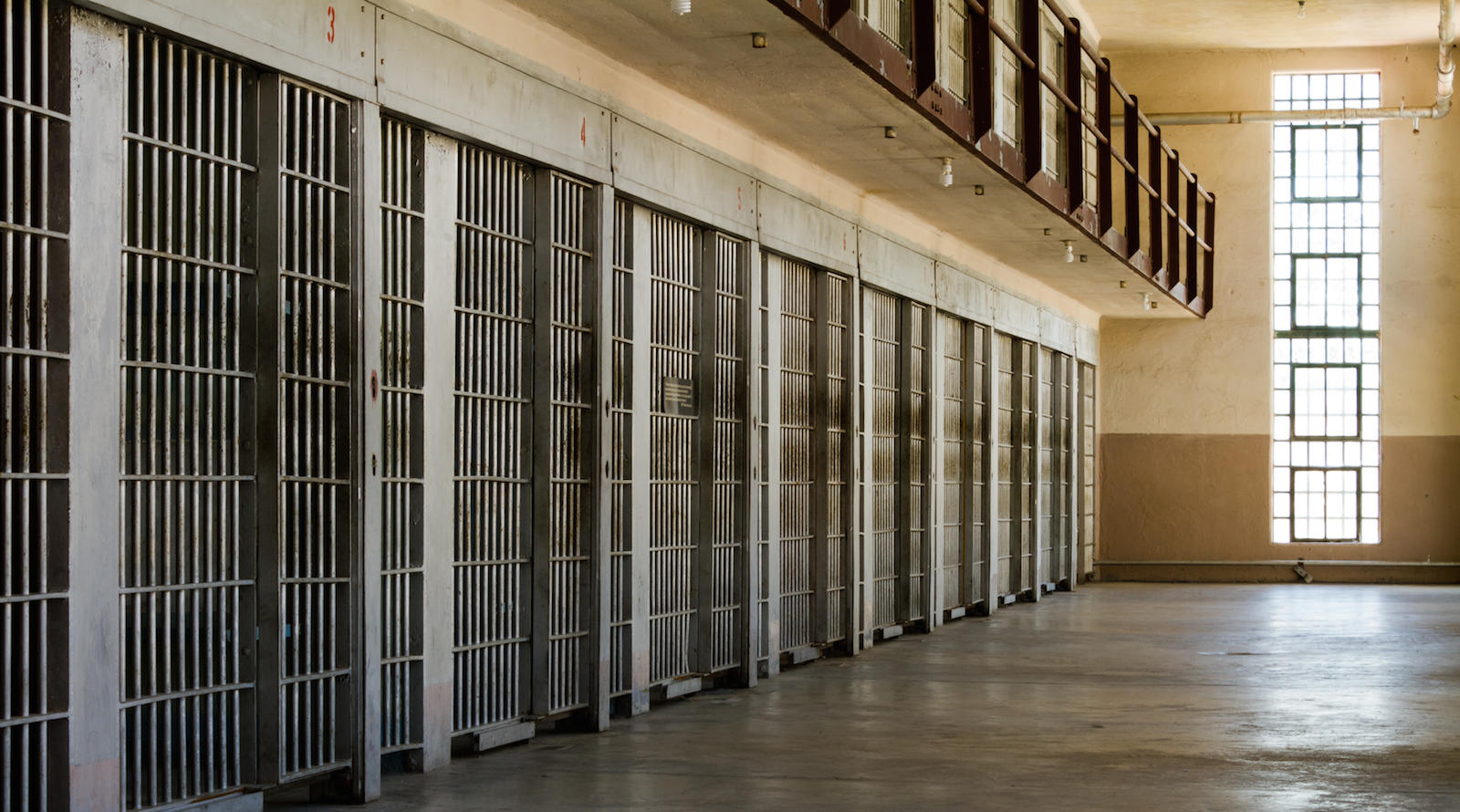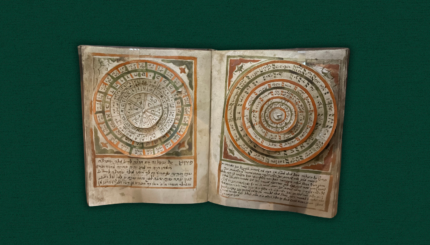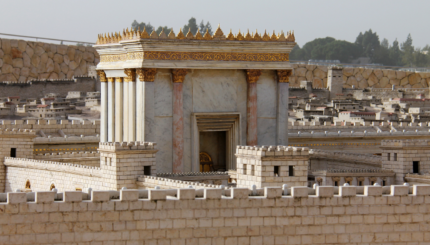Though I participate in an “Ask the Rabbi” on-line panel, as an Orthodox rabbi involved in day school education, I am usually asked many more questions about child development and curriculum, or even kashrut and Shabbat, than about life and death issues like the death penalty. Clearly, I am not a Posek (high-level halachic decisor) and thus can only share some of my thoughts that have led me to a lukewarm support of the death penalty in America.
There is little doubt that the Torah is quite clear and comfortable mandating death for a number of offenses. Still, the Talmud in Sanhedrin and elsewhere restricts its use through very strict rules of evidence designed to make sure that the perpetrator not only truly committed the crime but was also fully aware of the consequences of his action. The tremendous precautions against unjust execution indeed show the sacredness of every human life. But they do not take away from the fundamental fact that certain intentional sins, particularly murder, are (in theory if not always in practice) deserving of the ultimate penalty of death.
Halacha’s [Jewish law’s] recognition of the possibility of a societal need for the death penalty is shown by the way that various legal scholars have permitted its use despite the clear talmudic restrictions in Sanhedrin. For example, the bet din [Jewish court] was authorized within the same Tractate, not only to imprison those who murdered without all of the rules of evidence being fulfilled, but even to hasten their death through malnutrition (see Sanhedrin 71b). This is codified by Maimonides as well (see the Laws of Murderers, 4:8). Further, the Meiri [Rabbi Menahem ben Solomon Meiri, 1249-1316] also notes that the king is permitted “within his law,” and the bet din is permitted as a hora’at sha’ah (decision for the needs of the time), to execute those who have committed heinous acts even without all of the requirements of witnesses being met.
Further, the Rashba [Rabbi Solomon ben Aderet, 1235-1310] permits handing over Jews to a non-Jewish justice (generally forbidden, see Shulchan Aruch, Hoshen Mishpat 388:9) if it is the only way to protect the lives of others and the trial will be according to the law of the land. The Rashba notes that the sages handed over robbers and criminals to the government for potential execution with the full permission of Jewish law, as this was the only way to have stability in the land. Clearly, Jewish support for, and indeed participation in, a criminal justice system that uses capital punishment as a means to protect innocents is sanctioned.
With your help, My Jewish Learning can provide endless opportunities for learning, connection and discovery.
As Rav Shaul Yisraeli zt”l writes, “The Rashba maintains that the law of the land is valid according to the Torah, and exists parallel to Jewish law. It may be applied wherever it is necessary for the good of the community. Hence, it exists in foreign lands as well, because protecting the community from criminals is the responsibility of the king (government), who ‘establishes stability within these laws.'”
This would seem to be the heart of the matter. Clearly, it is the responsibility of the government to protect its citizens from grave harm. This is the case whether that government is run under Jewish law or some other just, secular law. When criminals can act without fear of paying the ultimate punishment, the value of human life is degraded and others may be victimized.
The United States of America is, of course, not a Jewish country. It is not bound by Jewish law (other than, of course, the Noahide Laws). Yet, as equal citizens, we have the right and responsibility to use our religious teachings to be a light to the nation. I believe that, when one looks at the violence so pervasive in the society around us, one can have little choice but to believe that the use of the death penalty is, at the very least, a justified hora’at sha’ah that is necessary to protect members of our society. We must insist that the strictest rules of evidence under American law be followed so that innocents are not executed. But I also believe that we must ensure that those who are truly guilty of intentionally taking the lives of innocent victims are swiftly and justly executed for their crimes. In so doing, the United States can do a better job of establishing stability and protecting innocents by ensuring that we do not increase the murderers among us.
Reprinted with permission from Sh’ma: A Journal of Jewish Responsibility (October 2002).
Talmud
Pronounced: TALL-mud, Origin: Hebrew, the set of teachings and commentaries on the Torah that form the basis for Jewish law. Comprised of the Mishnah and the Gemara, it contains the opinions of thousands of rabbis from different periods in Jewish history.
Torah
Pronunced: TORE-uh, Origin: Hebrew, the Five Books of Moses.
halacha
Pronounced: hah-lah-KHAH or huh-LUKH-uh, Origin: Hebrew, Jewish law.
kashrut
Pronounced: kahsh-ROOT, Origin: Hebrew, the Jewish dietary laws.
Shabbat
Pronounced: shuh-BAHT or shah-BAHT, Origin: Hebrew, the Sabbath, from sundown Friday to sundown Saturday.
halachic
Pronounced: huh-LAKH-ic, Origin: Hebrew, according to Jewish law, complying with Jewish law.



